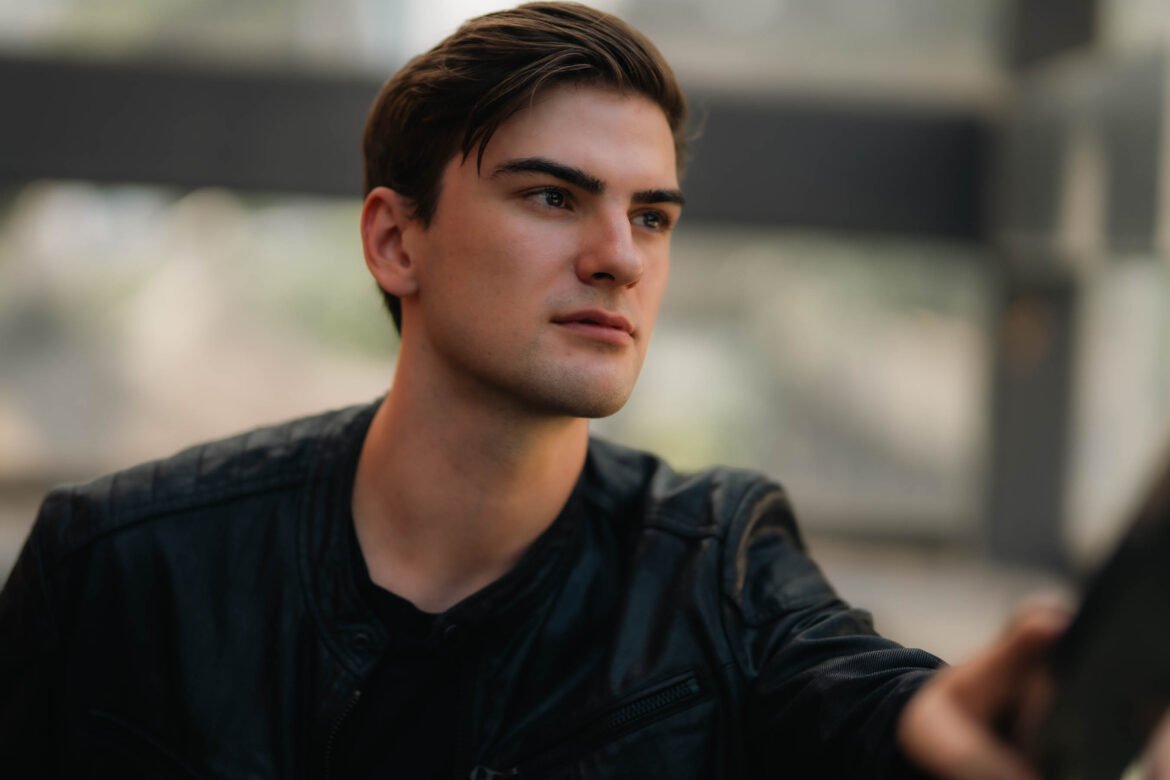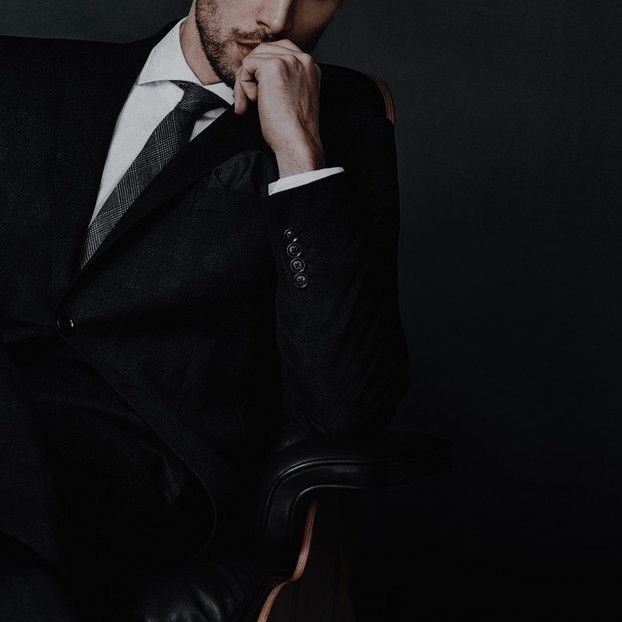The Influence of Music on Fashion Trends
The intersection of music and fashion has been a significant cultural phenomenon that spans decades, showcasing dynamic relationships where each art form influences the other. Iconic artists have often served as fashion beacons, reflecting and subsequently shaping the style of their times. For instance, the emergence of rock ‘n’ roll in the 1950s, led by figures like Elvis Presley, not only revolutionized music but also dictated fashion trends that included leather jackets, tight trousers, and pompadour hairstyles. This marriage of sound and style continued to evolve, with each musical genre creating a distinct visual identity.
The 1970s punk movement, characterized by groups such as The Sex Pistols and The Ramones, introduced a raw aesthetic defined by ripped clothing, bold slogans, and a rebellious attitude. This countercultural fashion not only made a statement against mainstream norms but also influenced designers, leading to the emergence of brands that embraced anti-establishment styles. Similarly, the grunge movement of the 1990s, propelled by bands like Nirvana, brought oversized flannel shirts, combat boots, and a deliberately disheveled look into the limelight, shaping youth fashion for years to follow.
In recent years, contemporary artists such as Billie Eilish and Harry Styles continue to redefine fashion narratives, blending gender norms and drawing on diverse influences. Eilish’s baggy, oversized attire contrasts with Styles’ vibrant, sometimes flamboyant outfits, illustrating how modern music can fluidly impact fashion sensibilities. This cyclical nature highlights the continual exchange between music and fashion, with contemporary brands frequently mining past aesthetics and music scenes for inspiration, resulting in styles that resonate with a new generation while paying homage to historical movements.
Ultimately, the relationship between music genres and fashion trends portrays an ongoing dialogue, wherein each influences consumer behavior and artistry. This synergy manifests in various forms, showcasing how music remains a vital force in shaping contemporary fashion landscapes.
Lifestyle Choices Inspired by Music and Fashion
Music and fashion serve as powerful influences in shaping contemporary lifestyles, guiding individuals toward particular social activities, travel preferences, and wellness practices. As people connect with distinct genres of music, they often find themselves gravitating toward corresponding cultural expressions found in fashion trends. For example, the rise of streetwear, characterized by its casual and urban aesthetic, highlights an intersection between musical innovations, particularly hip-hop, and everyday clothing choices. This genre not only influences what people wear but also how they express their identity in various social contexts.
Social activities closely tied to music include attending concerts, festivals, and other live events that foster community and connections. Music festivals such as Coachella or Glastonbury have become synonymous with unique fashion statements – attendees often use this platform to showcase their personal style while celebrating their musical preferences. The blending of fashion with such events emphasizes how lifestyle choices are continuously influenced by the vibrant interplay between these two cultural domains.
Moreover, the impact of music genres extends to various lifestyle dimensions, including fitness and leisure activities. For instance, high-energy music genres like EDM often accompany vigorous workouts, inspiring individuals to integrate rhythm and motivation into their fitness regimens. Alternatively, genres like acoustic or indie promote a more relaxed approach, aligning with leisure activities such as reading or meditative practices. Additionally, music has historically played a significant role in socio-political movements, influencing lifestyle choices concerning activism and awareness campaigns.
Overall, the relationship between music and fashion not only reflects individual preferences but also shapes societal norms, highlighting the power these elements hold in defining modern lifestyles. As individuals navigate their unique journeys, it is clear that music and fashion will continue to serve as guiding forces in their lifestyle choices.
The Role of Social Media in Shaping Music and Fashion
Social media platforms such as Instagram, TikTok, and Twitter have significantly transformed the landscape of both music and fashion. Musicians and fashion influencers utilize these platforms to showcase their unique styles, promote their latest tracks, and interact with their audiences in real-time. This integration fosters a dynamic relationship between artists and their followers, enabling a level of engagement that was previously unattainable through traditional media channels.
Viral trends emerging from these social media networks play a pivotal role in shaping current fashion and music scenes. For instance, TikTok is renowned for its music remix culture, where short snippets of songs can gain immense popularity almost overnight. Users often create dance challenges or share their interpretations of specific tracks, effectively putting emerging artists in the spotlight and contributing to song virality. Similarly, fashion trends can emerge from user-generated content, where individuals showcase their unique styles, influencing the choices of followers worldwide. This phenomenon has highlighted the power of influencers, who promote brands and designers to their vast networks, uplifting lesser-known artists and fashion designers along the way.
Moreover, social media has democratized the realms of fashion and music, allowing emerging talents to penetrate industries that were once dominated by established players. Platforms like Instagram provide a stage for independent designers to present their collections directly to the consumer without the constraints of traditional retail. In music, various platforms enable aspiring musicians to release their work, bypassing record labels and traditional music distribution channels. This shift has not only diversified the creative landscape but has also empowered consumers to have a voice in the trends and styles they wish to embrace.
The Future of Music, Fashion, and Lifestyle Integration
The interplay between music, fashion, and lifestyle has a promising future characterized by evolving trends and innovative technologies. One key trend is the increasing focus on sustainability within the fashion industry. As consumers become more environmentally conscious, brands are responding by adopting sustainable practices in their production processes. This shift influences not only fashion choices but also the types of music associated with these brands, as artists are increasingly aligning themselves with sustainability initiatives. The intersection of fashion and music serves as a powerful platform for advocacy, allowing both sectors to promote eco-friendly lifestyles.
In addition to sustainability, the digital transformation of the music industry is reshaping consumer behavior. Streaming services and social media platforms have redefined how music is consumed, which in turn impacts fashion trends. Artists often use their digital presence to showcase their styles, creating a symbiotic relationship between music and fashion. This integration is likely to deepen, as both industries explore new ways to engage audiences through immersive experiences. For example, artists might collaborate with fashion designers to create exclusive merchandise that resonates with their fan base.
Looking ahead, emerging technologies such as augmented reality (AR) hold significant potential for both music and fashion experiences. AR can transform how consumers engage with fashion shows and musical performances, providing interactive elements that enhance enjoyment and participation. By incorporating AR, brands may offer personalized experiences that cater to individual preferences, thus influencing lifestyle choices more profoundly.
Finally, the values and preferences of younger generations will undeniably shape the future of this integration. As millennials and Gen Z prioritize authenticity, inclusivity, and social responsibility, their preferences will push brands to rethink traditional approaches. This evolution may lead to innovative cultural phenomena that redefine music, fashion, and lifestyle interaction in the years to come.






Leave a Reply